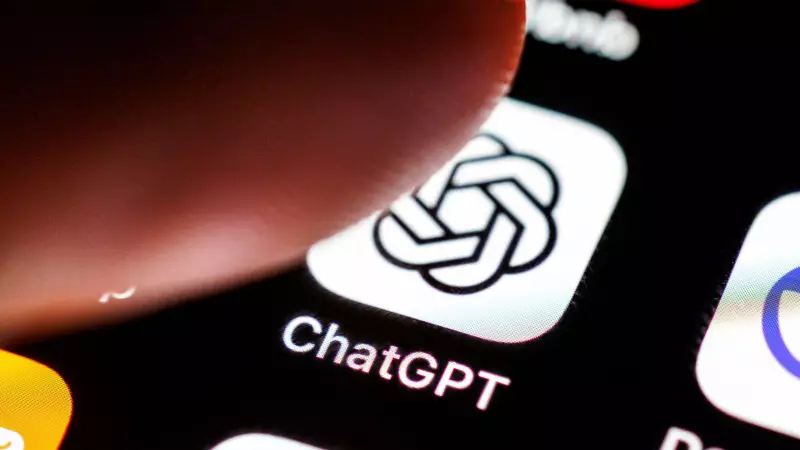
In a startling revelation that has sent shockwaves through the tech and healthcare communities, OpenAI has disclosed that approximately one million users engage with ChatGPT daily about suicide-related topics. This unprecedented data exposes the growing mental health crisis and the unexpected role artificial intelligence is playing in crisis intervention.
The Silent Crisis: AI as First Responder
According to internal data from OpenAI, their flagship chatbot ChatGPT has become an unexpected frontline resource for individuals experiencing suicidal thoughts. The company revealed that these sensitive conversations occur with alarming frequency, highlighting both the severity of global mental health challenges and the evolving role of AI in personal crises.
How ChatGPT Handles Critical Situations
OpenAI has implemented sophisticated safety protocols to address these delicate interactions. When users express suicidal intentions, the system:
- Immediately provides emergency contact information for local suicide prevention hotlines
- Offers supportive, non-judgmental responses while encouraging professional help
- Directs users to appropriate mental health resources and crisis centers
- Maintains privacy while prioritizing user safety
Expert Reactions and Concerns
Mental health professionals in Nigeria and globally have expressed mixed reactions to this development. While some experts acknowledge that AI accessibility provides immediate support for those who might not reach out to human services, others raise concerns about the limitations of AI in handling complex emotional crises.
Dr. Adeola Williams, a Lagos-based clinical psychologist, commented: "This data reveals the massive gap in our mental healthcare infrastructure. While it's concerning that people turn to AI during crises, it also shows the urgent need for more accessible human support systems, especially in regions like Nigeria where mental health services remain limited."
The Nigerian Context: A Growing Mental Health Challenge
In Nigeria, where mental health resources are often scarce and stigma remains significant, the revelation about ChatGPT's role takes on added importance. Many Nigerians, particularly young adults and professionals, are increasingly turning to digital solutions for mental health support due to cultural barriers and limited access to traditional services.
OpenAI's Response and Future Plans
The company has acknowledged the gravity of these interactions and is actively working to improve their systems. OpenAI representatives stated they're collaborating with mental health organizations to enhance ChatGPT's ability to provide appropriate support while recognizing when human intervention is necessary.
Key improvements underway include:
- Enhanced detection of mental health crises through advanced natural language processing
- Partnerships with global suicide prevention organizations
- Development of more localized resources for different regions, including Nigeria
- Training models to better recognize cultural nuances in mental health discussions
The Bigger Picture: Technology and Mental Health
This development raises crucial questions about the evolving relationship between technology and emotional well-being. As AI becomes increasingly integrated into daily life, its role in mental health support continues to expand, presenting both opportunities and ethical challenges that require careful consideration by policymakers, healthcare providers, and technology companies alike.
The situation underscores the urgent need for comprehensive mental health reforms and the importance of ensuring that technological advancements complement, rather than replace, human connection and professional care in addressing mental health crises.





